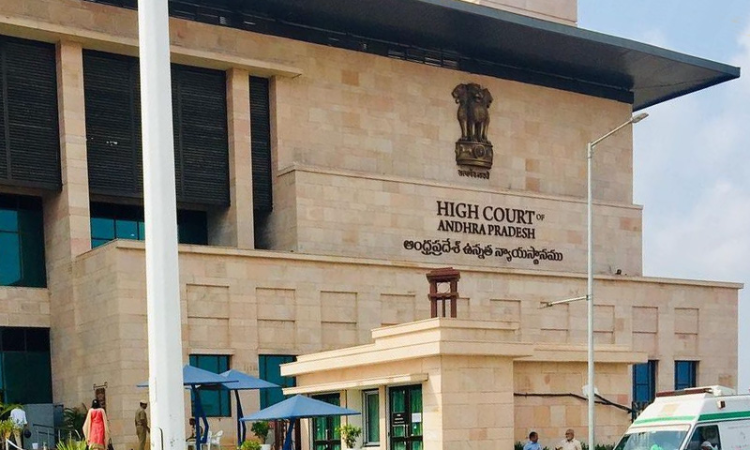The Andhra Pradesh High Court observed in a recent case that a petitioner will not be deprived of the right to protest on an issue merely because he has approached a constitutional court on the same subject matter.In a recent writ petition before the Andhra Pradesh High Court, Justice Ahsanuddin Amanullah and B.S. Bhanumathi in obiter said: "Approaching a constitutional court for...

